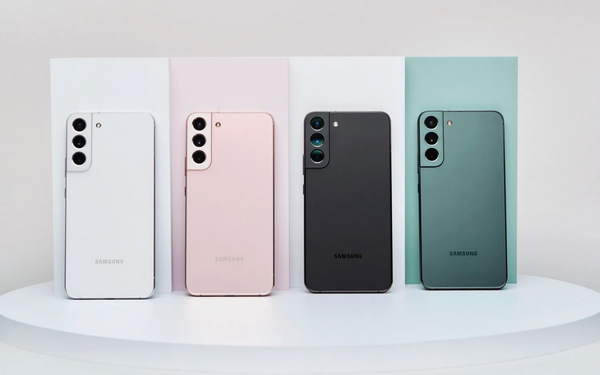The Samsung Galaxy S23’s official release date may be less than a month away, and new details about the device keep trickling out. The current rumour is intriguing since it suggests the next phone will have improved performance.
The Galaxy S23 series, including the regular, Plus, and Ultra models, will reportedly include a 36% boost in CPU speed, a 48% increase in graphics capability, and a 60% increase in brain processing power, all thanks to information provided by tipster Ahmed Qwaider (AI-related tasks like voice recognition and smart photo editing).
We’ve heard that Qualcomm’s Snapdragon 8 Gen 2 processor, responsible for these upgrades, may be used in Galaxy S23 phones worldwide. When it comes to the Galaxy S series, Samsung often employs Qualcomm’s Snapdragon chip in certain regions and one of its own Exynos processors in others.
Early birds
While much is known about Qualcomm’s Snapdragon 8 Gen 2, we haven’t heard any concrete numbers about the Galaxy S23’s performance upgrades. Variations in the chipset’s performance enhancements for 2023 smartphones will result from each manufacturer’s own approach to optimising it for use with their own hardware and software.
The OnePlus 11 seems to be the first smartphone to market with the Snapdragon 8 Gen 2 inside. The official debut is set for January 4 in China, followed by a worldwide release the following month on February 7.
We shouldn’t have to wait too much longer for things to be official, and no doubt Samsung will have some performance data of its own to give as well, since the Samsung Galaxy S23 family appears certain to make a debut early in February, based on what we’ve heard from people in the know.
Urgent requirement for velocity
In 2023, we anticipate seeing the Qualcomm Snapdragon 8 Gen 2 chipset in a wide variety of high-end Android handsets. The Google Pixel 8 might be a notable outlier due to its usage of a possibly bespoke Tensor G3 CPU.
While it’s arguable that smartphones already have adequate processing power (the iPhone 14 has the same Apple A15 Bionic processor as the iPhone 13), it’s also important to keep in mind that the demands we place on our phones are always growing.
The sophistication of apps and games, the size and complexity of digital photographs and movies, and the abundance of artificial intelligence (AI) tricks that our devices can do at this point are all on the rise (like recognising the sound of your voice). Having a powerful processor is essential for mobile computing.
Keep in mind that the Snapdragon 8 Gen 2 processor update brings not just improved speed but also enhanced economy, which should result in less of a drain on the battery.

Subtly charming pop culture geek. Amateur analyst. Freelance tv buff. Coffee lover
